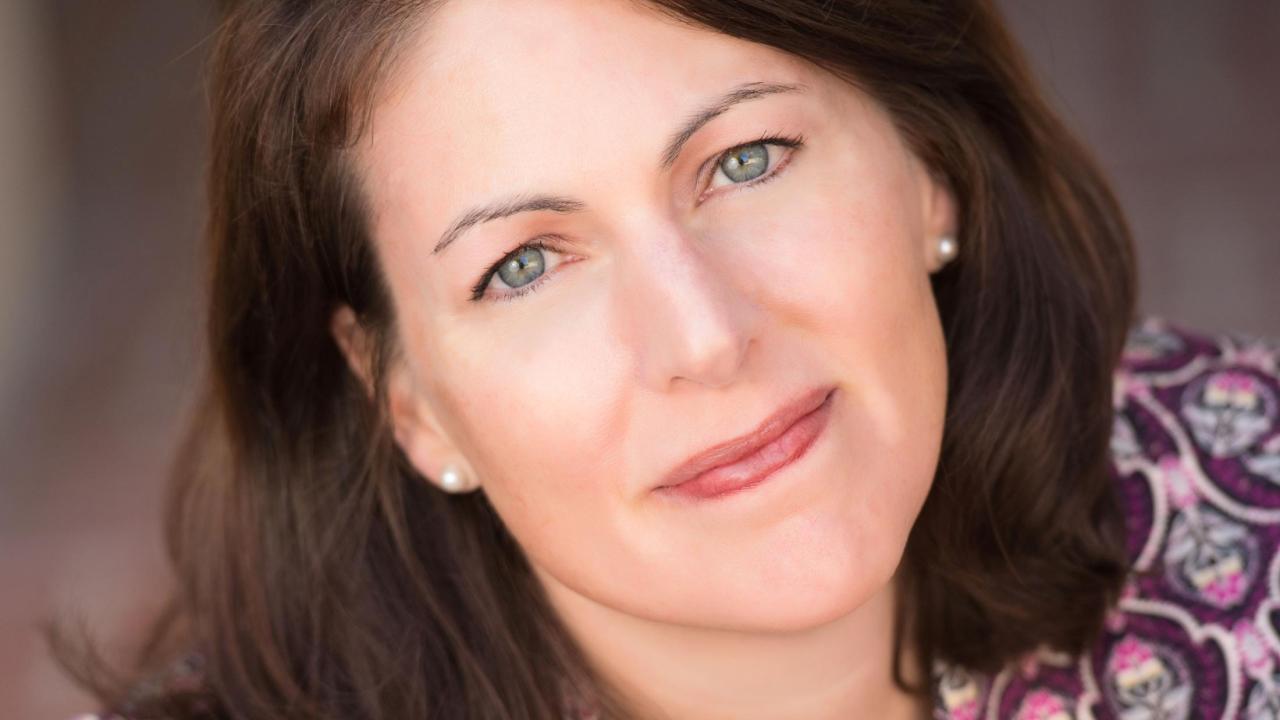
Should you become a coach? We asked a professional.
Michelle Payne is a Master Certified Coach (MCC), which places her at the top of the coaching profession. She works with executives world-wide, and she is also an instructor in the Professional Coaching for Life and Work Certificate Program at UC Davis Continuing and Professional Education. This gives her a unique perspective on the coaching industry – a perspective she enjoys sharing with potential coaches.
Michelle’s first piece of advice for anyone considering a career in coaching is simple:
“Research the industry, starting with the International Coach Federation (ICF) web site. Then, have a few coaching sessions yourself.” Michelle says understanding the coaching process, as well as what it’s like to be a client, is essential to deciding whether a career in coaching is right for you. Prospective coaching students should also connect with alumni from the program they want to attend. “Interview them. Do your research,” she advises.
The Coaching Industry Today
Coaching as a profession has evolved and become a much more prevalent part of the personal and professional development landscape. Michelle says people now have a much better idea of what coaching is about, namely development and personal growth.
“The coaching industry is wide open, and the opportunities are amazing,” she said.
In fact, according to a recent ICF Global Coaching Study, coaching clients increasingly hail from all walks of life, including management, business owners and those looking to achieve personal wellness.
But, with these incredible opportunities comes competition. In 2022, the estimated number of coach practitioners exceeded 100,000 for the first time, at 109,200, which is a 54% increase from the 2019 study. In North America alone, the number of coach practitioners grew by 47%.
“If you’re going to become a coach, be the best,” Michelle said. “Fully commit to learning, becoming part of the industry and giving the time and energy to becoming a subject matter expert. Jump in with both feet and go for it.”
She advised that new coaches who plan to work in private practice not only be trained as coaches but also understand the important aspects of running a business.
“I see new coaches come in, and they have a hard time marketing themselves. They need to learn these aspects of running a business, as well as how to be a great coach.”
External coaches (those who are self-employed) make up most of the market (79%, according to the ICF) and Michelle sees that as another great opportunity in the coaching profession today.
“As an external coach, you really have the opportunity to define what you want to be,” she said.
Internal coaches (who work for public or private organizations) are finding a greater use of coaching as an employee-development tool.
“Internally, coaching is growing and growing,” she said. “There are so many organizations that have internal coach programs – including Google and others. They know it’s important for their executives and other employees to maintain their professional growth.” Another industry seeing rapid growth is health and wellness coaching.
No matter what type of coach someone wants to be, Michelle noted that becoming a coach is ultimately a very personal decision.
“Some people are surprised at the level of intensity in a coach training program. It’s an emotional investment. Know what you’re doing it for. Know how it fits your personal goals.”
